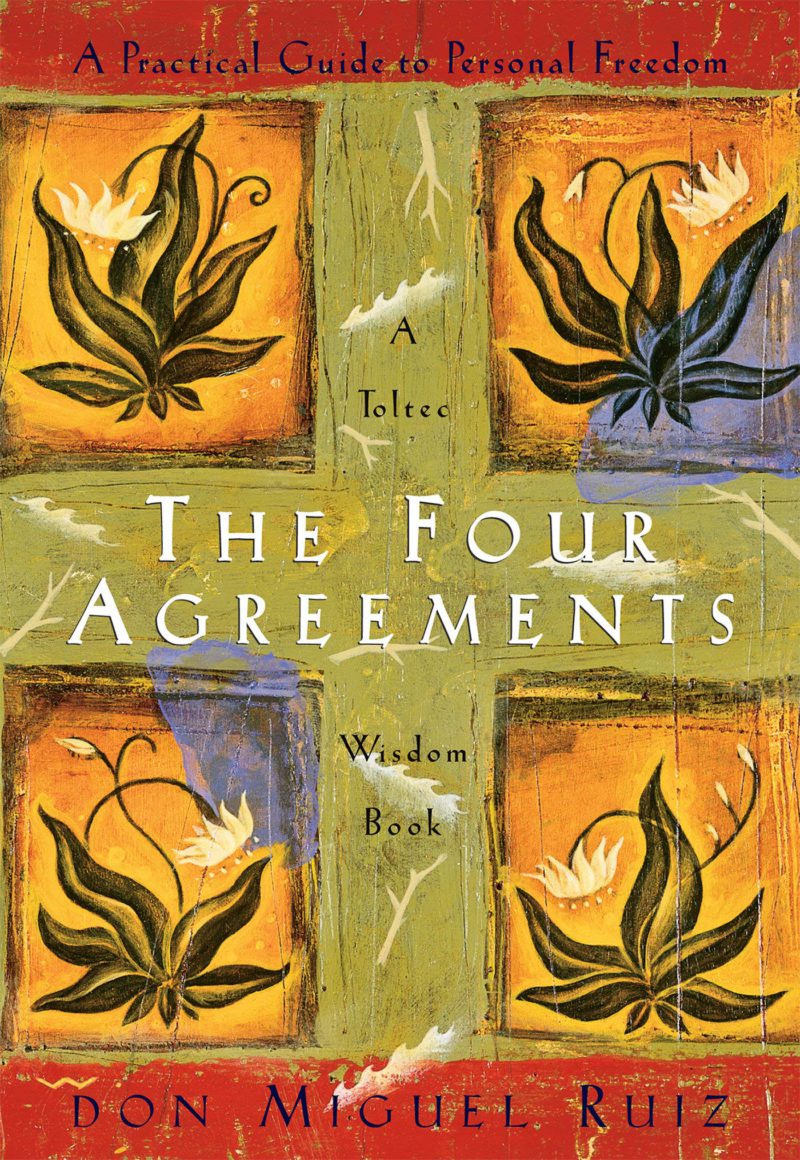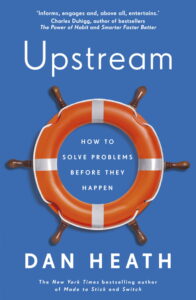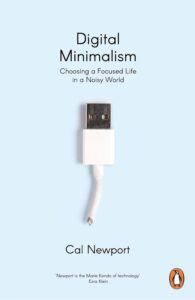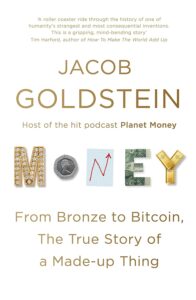Moses called it the Promised Land, Buddha called it Nirvana, Jesus called it Heaven, and the Toltecs call it a New Dream.
By doing your best, the habits of misusing your word, taking things personally, and making assumptions will become weaker and less frequent with time.
Subjects: Psychology, self help
The book The Four Agreements: A Practical Guide to Personal Freedom (A Toltec Wisdom Book) talks about the Toltec knowledge that was embodied and passed on through generations by different lineages of naguals. Though it remained veiled in secrecy for hundreds of years, ancient prophecies foretold the coming of an age when it would be necessary to return the wisdom to the people.
Then he realized that although he was made of stars, he was not those stars. “I am in-between the stars,” he thought. So he called the stars the tonal and the light between the stars the nagual, and he knew that what created the harmony and space between the two is Life or Intent. Without Life, the tonal and the nagual could not exist. Life is the force of the absolute, the supreme, the Creator who creates everything.
The book gives practical 4 step process to simplify your life and find happiness, or heaven. It drives its knowledge primarily from Toltec knowledge, but also mentions Hindu ancient wisdom, and Christians and Jews.
Your whole mind is a fog which the Toltecs called a mitote (pronounced MIH-TOE ′ -TAY). Your mind is a dream where a thousand people talk at the same time, and nobody understands each other. This is the condition of the human mind — a big mitote, and with that big mitote you cannot see what you really are. In India they call the mitote maya, which means illusion. It is the personality’s notion of “I am.” Everything you believe about yourself and the world, all the concepts and programming you have in your mind, are all the mitote. We cannot see who we truly are; we cannot see that we are not free.
The four agreements are:
-
The first agreement is to be impeccable with your word. It sounds very simple, but it is very, very powerful.
-
Nothing other people do is because of you. It is because of themselves. All people live in their own dream, in their own mind; they are in a completely different world from the one we live in. When we take something personally, we make the assumption that they know what is in our world, and we try to impose our world on their world.
-
All the sadness and drama you have lived in your life was rooted in making assumptions and taking things personally.
-
Under any circumstance, always do your best, no more and no less. But keep in mind that your best is never going to be the same from one moment to the next.
This book is a good self help book that combines psychology with religious ancient wisdom. But like all self help books, you have to follow the 4 principles or agreements laid down in the book for any effect. In the review i have mostly quoted from the book, and there are many more beautiful quotes you could keep with your happiness journey. I close this review with one more quote
But there is really no reason to suffer. The only reason you suffer is because you choose to suffer. If you look at your life you will find many excuses to suffer, but a good reason to suffer you will not find. The same is true for happiness. The only reason you are happy is because you choose to be happy. Happiness is a choice, and so is suffering.




